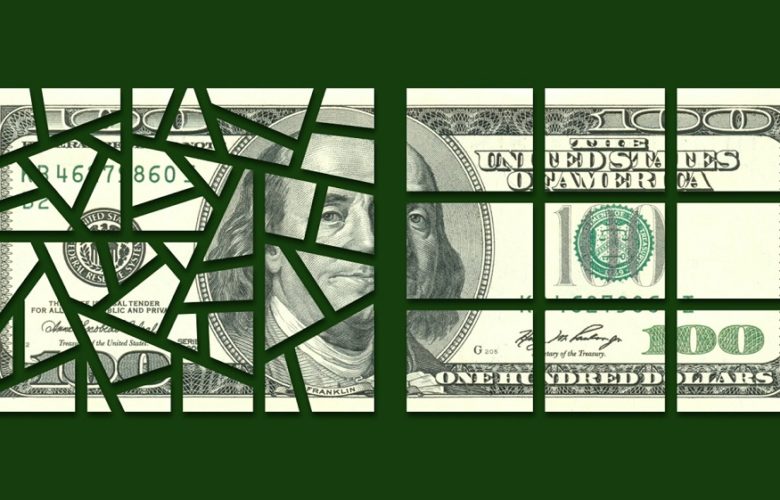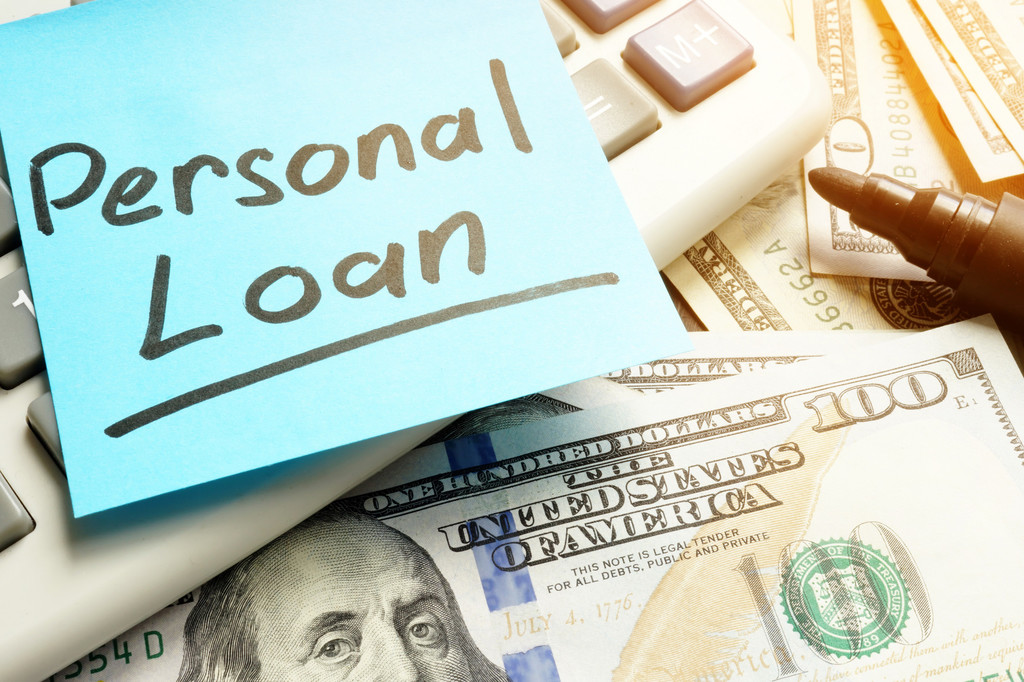If you are thinking about availing a loan through a loan app, then you must know that your credit score can play a very important role in determining your eligibility for the loan. A credit score is your creditworthiness which is determined by an established credit bureau depending on your past credit behavior of borrowal and repayment. Thus, your credit score helps the lender determine the risk associated with your loan account. If you have a poor credit score, the lender will see you as a high-risk borrower, which means they will either reject your loan, or offer you a loan at very high interest rate. Thus, improving your credit score is very important if you want to get the best deals on your loan app.
There are many simple ways to improve your credit score. The most effective ones are – closing your existing loan accounts, paying off your credit card debts, do not miss your EMI payments, do not exceed 30 percent of your card limit, and never apply for multiple loans at the same time.
Read on to explore different ways in which you can raise your credit score to qualify for a personal loan at a lower interest rate.
Tips to Increase Your Credit Score for a Low Rate of Interest
Your credit score can be raised in a number of different ways. Here are a few effective ways in which you can raise your credit score and get a low-interest rate on your personal loan.
1. Check Your Credit Report
The first thing you should do to raise your credit score is checking your credit report. This will assist you in finding mistakes in your report. You must immediately correct any inaccuracies you find in your report. In case, you have closed a loan account and it is not reflected in your credit report, then you must get in touch with the bureau and provide them the NOC that you received from the lender. You must also verify that all the debt accounts associated with your profile are correct. At times, you might find a discrepancy in the details and such errors must be immediately corrected.
2. Pay Off Your Previous Debts
You must immediately pay off any past-due loans or credit card bills in order to fix or at least somewhat boost your credit score. Payment history is one of the factors considered while determining a credit score. If you have a history of making late payments, your score will be low, and vice versa. It is a good idea to enable payment alerts or auto debit to make sure you always pay your credit bills or EMIs on time. On your credit card, avoid consistently making the minimum payment because doing so will increase the balance still outstanding. Try to pay the whole amount to keep the balance on the bill low. Additionally, it stops any late fees and payments from being listed on your credit history.
3. Keep a Check on Your Credit Utilization
It is yet another important component that is taken into account when determining a credit score. Your dependence on credit is demonstrated by how much credit you have accessible compared to how much of it you are really utilizing. People should aim to keep their credit utilisation at or below 30%. If you have numerous credit cards, keep a track of how much of your available credit you are using. Using your credit card up to a certain amount will reduce your debts every month which means your debt-to-income ratio will be balanced. This ultimately results in a good credit score, meaning you can get a personal loan at a low rate of interest.
4. Don’t Miss Any Repayment Dates
One of the most crucial elements in calculating your credit score is your repayment history. A long track record of on-time payments will help you maintain a good credit score. To attain this, you must make sure that you don’t miss any loan or credit card payments by more than 29 days once your bill is generated. Usually, payments that are at least 30 days overdue might affect your credit ratings.
If you forget to make your payments on time, you can try setting up automated payments on your loan app. Many financial institutes also send you emails and text messages reminding you about your due dates so that you don’t miss out on your payment dates and bear any late payment charges.
5. Limit the Frequency of Hard Enquiries
Generally, there are two kinds of inquiries- hard inquiries and soft inquiries. Self-credit checks are considered soft inquiries. Soft inquiries occur when a potential employer runs your credit or if a financial institute checks your credit report with whom you have applied for a loan. Soft enquiries have no impact on your credit score.
On the other hand, when you submit an application for a credit card or loan, a hard inquiry is conducted. Hard inquiries that happen occasionally won’t have an impact on your credit score. However, if they occur too frequently, it will quickly have an impact on your credit score. Too many hard inquiries automatically make banks think that you are in need of money and face financial difficulties every now and then.
How Long Does It Take to Improve Your Credit Score?
There is no certainty about the minimum or maximum rise in your credit score. Also, none of the activities mentioned above can determine how many points each of them carries. Your credit score might rise significantly in a single month if the main factors affecting it, like your credit utilization, are eliminated. On the other hand, it will take several months of making on-time payments on your debts to observe any improvement in your credit score. So, the reason how your credit score got low determines the duration of its improvement.
Conclusion
Improving your credit score is always a good idea. It will not only help you get a better rate of interest on a personal loan app, but it will help you with other types of loans as well, like a home loan or a two-wheeler loan. Remember that improving your credit score is not a matter of a few days it may take several weeks to a few months. However, the sooner you begin working on increasing your credit score, the sooner you will see the benefits and be able to apply for a low-interest loan using a loan app.









